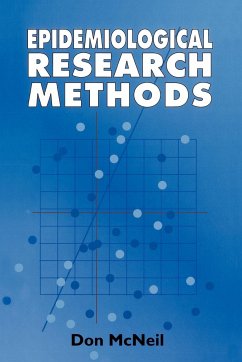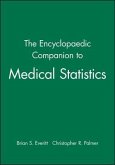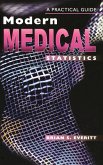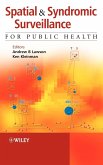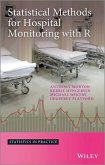The concepts of epidemiology, the science that uses statistical methods to investigate associations between risk factors and disease outcomes in human populations, are developed using examples involving real data from published studies. The relevant statistical methods are developed systematically to provide an integrated approach to observational and experimental studies. After covering basic measurement, study design, and study credibility issues, the author continues with basic statistical methods and techniques for adjusting risk estimates for confounders. Statistical models including logistic regression and the proportional hazards model for survival analysis are explained in detail in the following chapters, concluding with an explanation of the general methods for determining the sample size and power requirements for an epidemiological study. Taking advantage of the power, accessibility and user-friendliness of modern computer packages, the author uses a variety of interesting data sets and graphical displays to illustrate the methods. Epidemiological Research Methods will be of interest to students and research workers who need to learn and appreciate modern approaches to the subject. Without unnecessary emphasis on mathematics or theory, the book will enable the reader to gain a greater level of understanding of the underlying methods than is normally provided in books on epidemiology.
Hinweis: Dieser Artikel kann nur an eine deutsche Lieferadresse ausgeliefert werden.
Hinweis: Dieser Artikel kann nur an eine deutsche Lieferadresse ausgeliefert werden.

